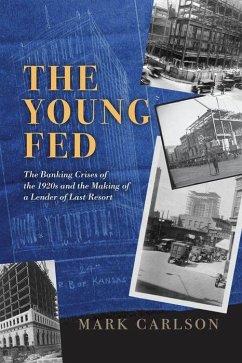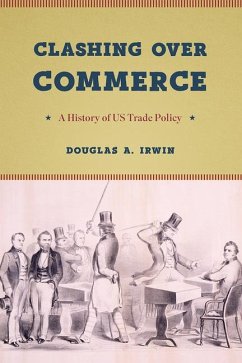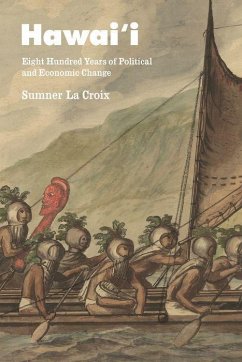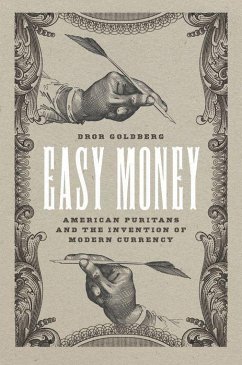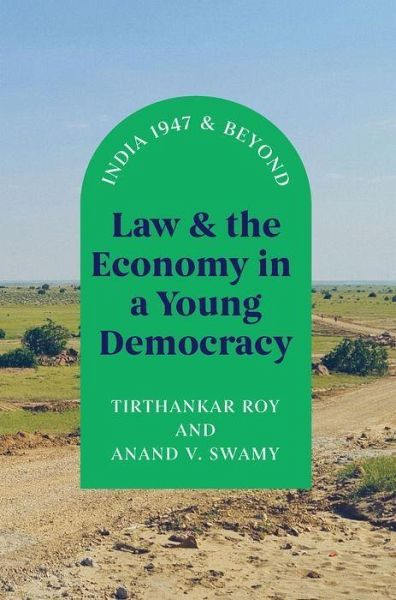
Law and the Economy in a Young Democracy
India 1947 and Beyond

PAYBACK Punkte
28 °P sammeln!
"Tirthankar Roy and Anand V. Swamy trace India's economic growth since 1947 and the legal reforms that have allowed it to settle in, however unevenly and tenuously, in the shadow of the stagnating effects of colonial rule. Law and the Economy in a Young Democracy portrays a long shadow of Indian "path dependence"-the persistence of colonial-era legal practices and institutions-interrupted by a series of reactive, dramatic departures from colonial inertia aimed at achieving quick or corrective growth and regulation. Roy and Swamy address five principal questions: How have new laws emerged in In...
"Tirthankar Roy and Anand V. Swamy trace India's economic growth since 1947 and the legal reforms that have allowed it to settle in, however unevenly and tenuously, in the shadow of the stagnating effects of colonial rule. Law and the Economy in a Young Democracy portrays a long shadow of Indian "path dependence"-the persistence of colonial-era legal practices and institutions-interrupted by a series of reactive, dramatic departures from colonial inertia aimed at achieving quick or corrective growth and regulation. Roy and Swamy address five principal questions: How have new laws emerged in India? Does the explanation lie with colonialism or with post-independence politics and economic change? How were laws shaped by egalitarian goals in the Indian democracy with its universal adult suffrage? When did laws constrain economic growth? And to what extent did case law and legislation affect the evolution of law, which was also shaped by politics and the quality of legal infrastructure? Each of these questions brings together different threads of India's economic transformation and social/political history, and the format allows the authors to go deep on the country's most important market sectors and their surrounding economic and political histories. These sections include: colonialist influences on laws governing land and natural resources; politics and labor; and the alternating stifling effects of the country's economic policies and legal systems. In Roy and Swamy's telling, inadequate legal infrastructure has often been the country's primary impediment to economic growth during the last century, and it remains a primary reason that India's future may not be as bright as advertised"--




